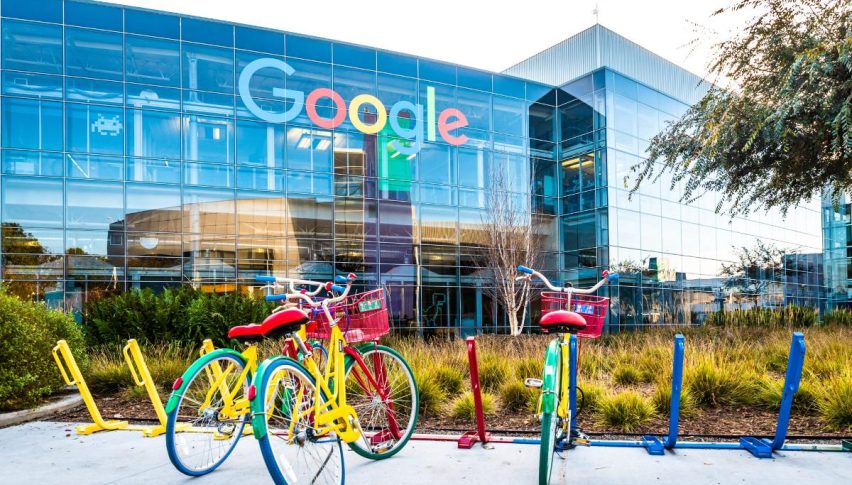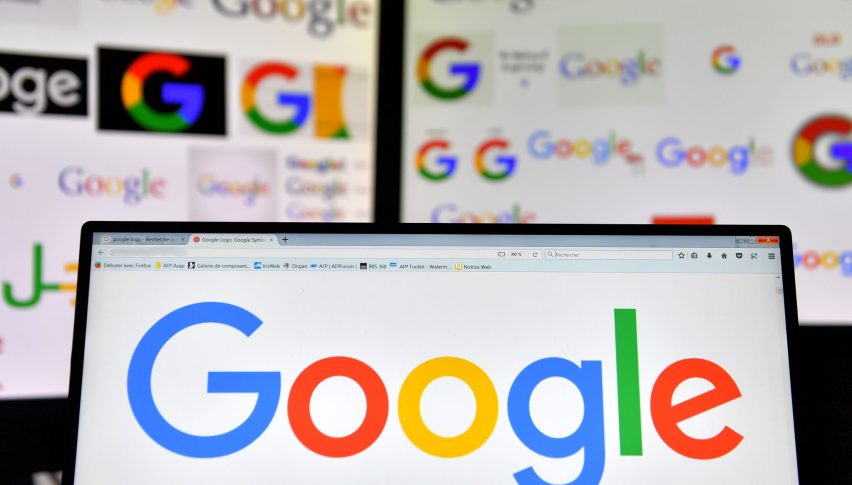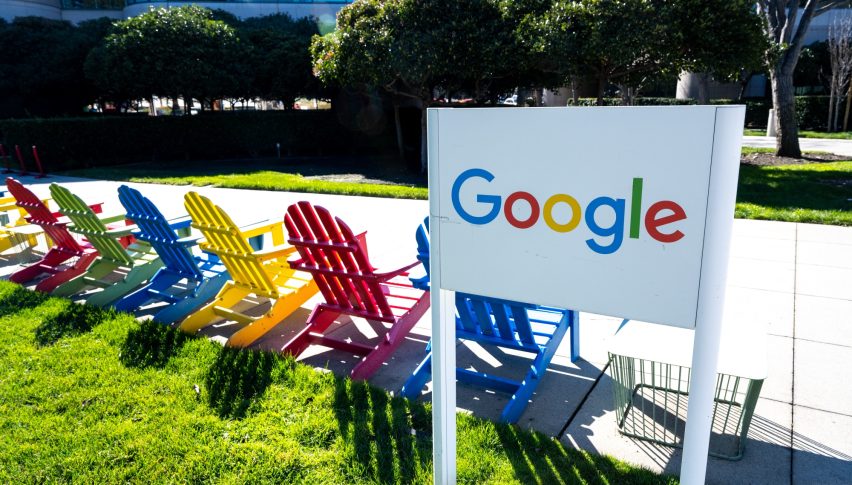Google (GOOG) Keeps Chrome, Shares go Gaga
Alphabet's stock surged 6% during extended trading as investors rejoiced from a historic loss in the antitrust case last year.

Quick overview
- Alphabet's stock rose 6% after a court ruling minimized the impact of a significant antitrust loss for Google.
- District Judge Amit Mehta rejected the Department of Justice's most severe proposals, including the forced sale of Google's Chrome browser.
- The court determined that Google did not use its assets unlawfully, and divesting Chrome and Android would have negatively affected consumers.
- Google expressed concerns about new court-imposed limits on service distribution and the requirement to share search data with competitors.
Alphabet’s stock surged 6% during extended trading as investors rejoiced from a historic loss in the antitrust case last year.

Department of Justice suggested the mandatory sale of Google’s Chrome browser, which provides data that aids its advertising business in delivering targeted ads, was rejected by District Judge Amit Mehta. Google was discovered to have an unlawful monopoly in 2024.
The ruling declared that Google would not be compelled to sell Chrome, nor would the court include a contingent sale of the Android operating system
Google didn’t use these important assets to impose any unlawful restrictions, so the plaintiffs’ demands for their forced divestiture went too far. The parties must meet by September, according to Mehta, who presided over the remedies trial in May. For the ultimate verdict, ten. In August 2024, the U.S. District Court.
The antitrust trial started in September 2023.
“Now the Court has imposed limits on how we distribute Google services, and will require us to share Search data with rivals,” Google said in a blog post. “We have concerns about how these requirements will impact our users and their privacy, and we’re reviewing the decision closely.
The Court did recognize that divesting Chrome and Android would have gone beyond the case’s focus on search distribution, and would have harmed consumers and our partners.” Mehta said the company can make payments to preload products, but it cannot have exclusive contracts that condition payments or licensing.
The DOJ had asked Google to stop the practice of “compelled syndication,” which refers to the practice of making certain deals with companies to ensure its search engine remains the default choice in browsers and smartphones.
- Check out our free forex signals
- Follow the top economic events on FX Leaders economic calendar
- Trade better, discover more Forex Trading Strategies
- Open a FREE Trading Account
- Read our latest reviews on: Avatrade, Exness, HFM and XM


